The suddenness and intensity of a TB outbreak on the Iveragh Peninsula has blindsided farmers affected in Co Kerry.
Forty-three out of the 650 herds on the peninsula are currently locked up, according to Kerry IFA chair Pat O’Driscoll.
There were 75 herds locked up at some point during the past year, with 366 cattle classed as reactors. The two herds most affected accounting for 100 cases between them.
While the county figures for Kerry still show the normal average of 19 cases per 1,000 herds, the fact is that TB has never before been an issue for the farmers in the Iveragh area, O’Driscoll told the Irish Farmers Journal.
He organised a meeting last week in response to growing farmer concerns about the outbreak.
“The Department were obliging enough to come in and explain where they are with the problem locally and their plan in sorting it out and what farmers can do on their own farms to minimise the risk of TB,” he said.
Farmer toll
Iveragh farmers affected by TB are under pressure. They are dealing with increased workloads because they cannot sell stock, as well as difficult weather and the stress of not knowing what is to become of their herds.
“Every farmer in the area is now on tenterhooks before their TB tests,” said Mike Kissane, manager of Iveragh Co-op Mart.
He reiterated that the main concern of those involved is the unexpected emergence of TB.
“It’s not a massive outbreak, it’s just that we were never used to having TB and we were completely clean up until 2016,” he told the Irish Farmers Journal.
“There’s about four pockets in the peninsula that are bad, in the sense that there would be eight or nine herds in each that are restricted. They are in small areas within a 2km or 3km radius and there is a plan in place by the Department to get on top of the problem and I believe within six to eight months that it will be sorted.”
The nature of the peninsula means that most of the cattle sold in the mart are from closed herds and are sold to the east.
Selling
Not only has the workload of the farmers who are locked up increased, but Kissane’s own role as mart manager has also become more difficult.
“I’ll have to explain to buyers that, look, this is the situation with TB, but it’s not all bad. I have a duty to sell the cattle for the 93% of herds that are clear,” he said.
“The minority of the herds are restricted. And the farmers with restricted herds don’t want that either.”
The root cause of the Iveragh outbreak is not fully known, with some farmers saying it is due to badgers and others claiming deer are behind its emergence.
A Department of Agriculture spokesman said it fully understands the stress associated with disease events on farm.
Evidence to date supports the view that badgers have contributed to the spread of the TB in the Iveragh area, he said.
“Badger capturing is now taking place to reduce the badger density in this area, which had not previously been subject to capture and has not experienced this type of outbreak in recent times,” he said.
Herd fragments
“A further contributory factor in the area is the number of herd fragments which aids the spread of the disease. There is no evidence of any deer involvement in this outbreak at this time.”




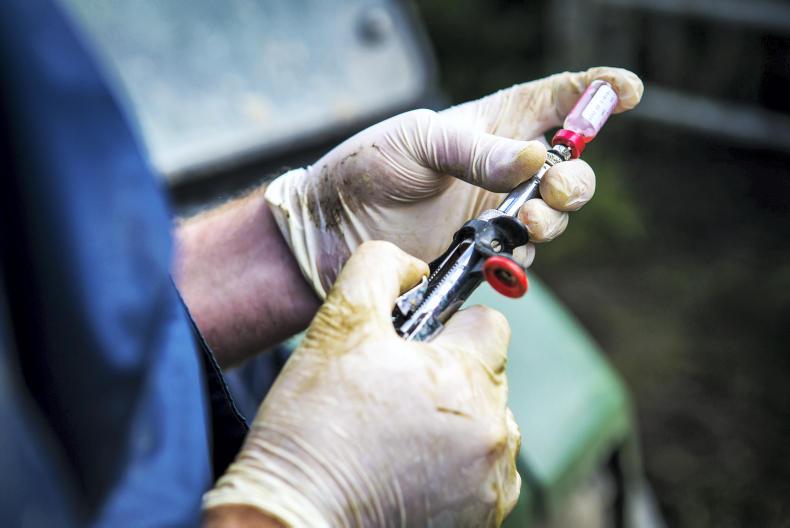
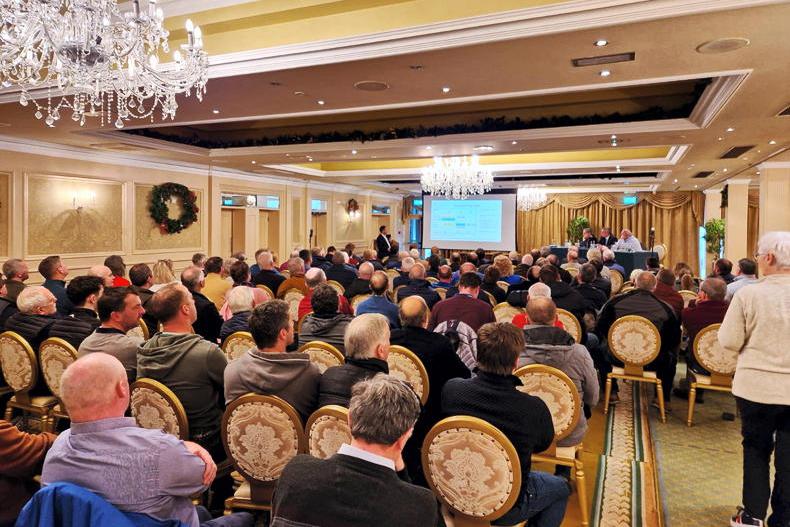
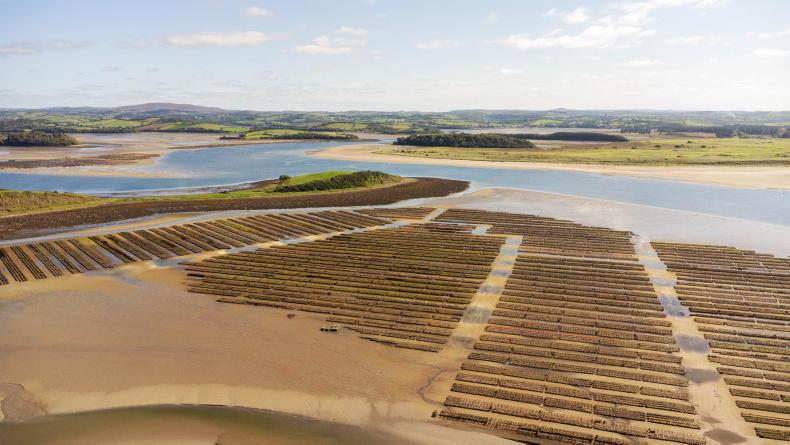
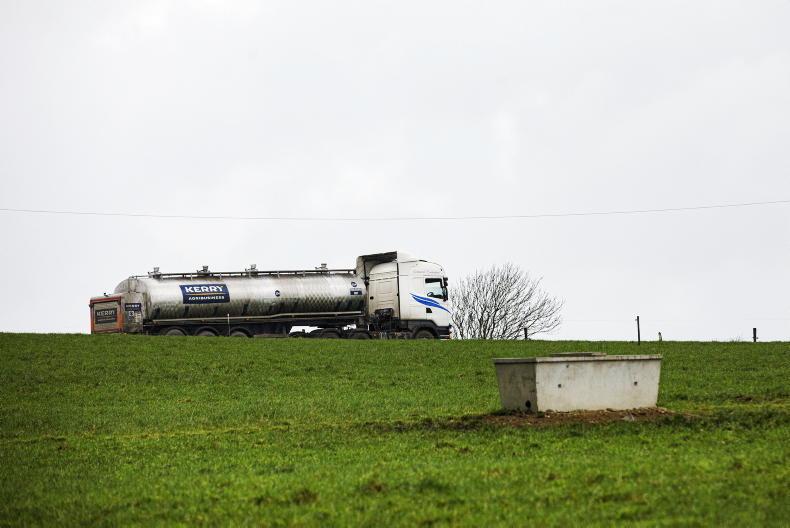
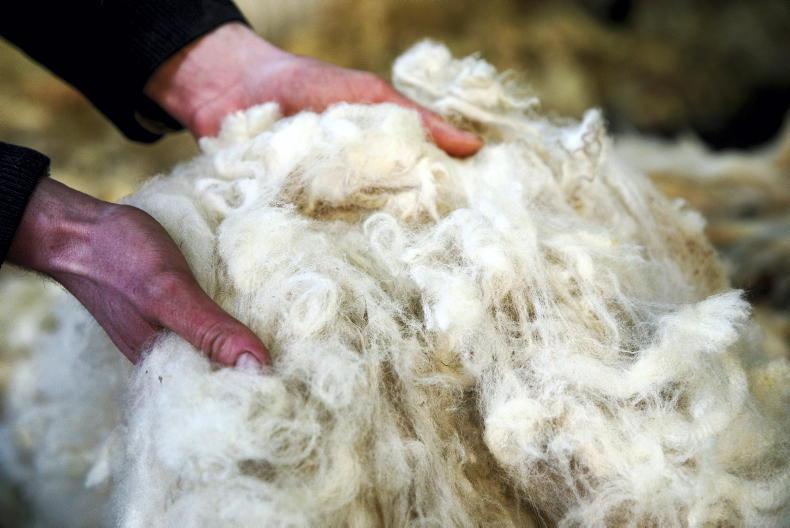
SHARING OPTIONS